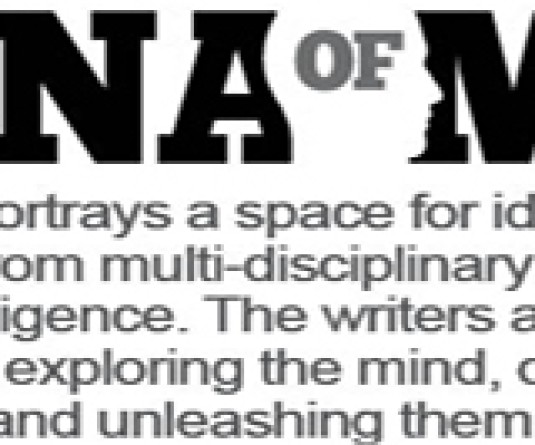
Rev. Fr. C. Joseph Counsellor, St. Joseph’s College, Jakhama
“Being an effective person-centred counsellor is not so much a matter of possessing skills and knowledge, but of having a particular set of deeply held values and beliefs and than being able to express these qualitties in interactions with other people”. – John McLeod.
Introduction: Counselling is not a set of skills which can be strung together on a necklace of prescribed process. As with most things it is not so much what you do but the way you do it. In counselling it is not only how you do it, but why you do it. This is because counselling has more to do with your individual approach and attitude towards others than the skills employed, important as these are. A good counsellor are not dissimilar to others in the caring professions, such as clergy and teachers, in that those who were perceived as being more effective hold as a cardinal value a commitment to a person-centred perspective. That is to say the individual in need has the total focus of the counsellor as well as the work they do together. So the good counsellor is more than someone with good interpersonal skills, he is someone who employs his skills from an expectation about the world from perspectives other than his own with a passion for the general principle of wanting the best outcome for the client at all times.
The definition: Counselling is assisting someone to explore and resolve difficulties they are experiencing, clarify conflicting issues and helping that person discover alternative ways of managing themselves and situations, so that they can decide what course of action or behaviour is helpful to them. Essentially it is helping people to help themselves. This simple definition makes it clear that to counsel is to assist and not to direct; to help but not to take control; to encourage and support but not to take action. The individuality of the client and his capacity to play the most significant part in his own development, recovery or empowerment is paramount. As counsellors we are mere friends along the way. Someone once defined medicine as ‘amusing’ the patient whilst the body got on with the job of healing itself! Counselling has the same flavour-a theme to which we constantly return.
Confidentiality and Conflict: As counsellors we are privileged to be entrusted with the most sensitive and intimate information. Clients disclose to us things about themselves, their most private behaviours and their innermost thoughts, that they perhaps have not shared and would not dream of sharing with anyone else. We have a private conduit to the very soul of those with whom we work and thus there are the necessary protocols of confidentiality. The seal of the confessional would be the spiritual equivalent, not that we are secular priests, but the obligation on nondisclosure is almost the same. Perhaps the only exception is where the information given indicates the strong likelihood of danger or ham, either to the individual himself or to others. Clients frequently come to us with moral quandaries and difficulties such as whether to remain in or separate from relationship. Should I have this child? Sould I declare that I’m gay? These are enormous questions for the client to live through and the innermost thoughts, personal values and beliefs of the individual need to be explored. With this degree of responsibility the imperative for confidentiality is as obvious as it is paramount. Give the assurance of total confidentiality to your clients as early in your relationship with them as possible.
The Counselling Partnership: Counselling is not something which is ‘done’ to another person but rather something that two or more people engage in doing together. Yes, the role of the client is different to the role of the counsellor. For the process to be effective those involved must come together as co-workers in a team. Various attempts have been made to explain this concept. ‘Mutual empowerment’, ‘partneship’ and ‘mutuality’ have all been suggested and each of them gives the flavour and feel. It is really difficult in real life situations to establish this required equality because of predetermined roles or situations which push the relationship into being asymmetric, i.e. one person has more power or authority than the other. For example, nurse and patient, father and son, manager and subordinate. Previous power roles between the parties tend to mitigate against moves towards equality. Even the terms counsellor and client suggests this underlying theme of authority, especially when clients ‘go’ to a counsellor, in his or her office, at a session set by the counsellor. Yet one of the key skills for the counsellor is to use his expertise to best serve the needs of the client. It is through the quality of relationships that both counsellor and client become empowered to blossom and become their true selves in the world. It is within relationships that we discover our sameness and also how we are different and this draws us to conclusions about our individuality. We know who we are through our relationships. It is only in true and full relationships that affections and feelings can be reciprocated. To love and be loved, to help and be helped is the essence of our humanity and can only be gained through mutual respect and valuing. Finally, it is where we share common ideas and interests with others that partnership and mutuality can make their significant contribution to the healing process. Hence, the quality and nature of the relationship is critical for successful counselling.






